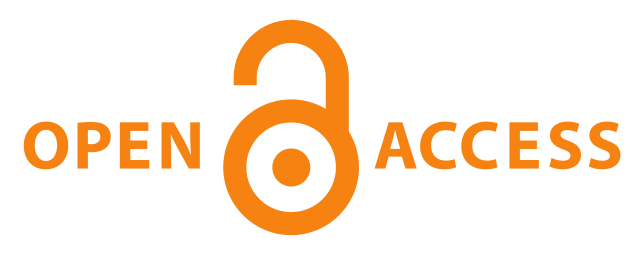Oznámení o vydání nového čísla
Dne 18.6. 2025 vyšlo nové číslo časopisu Health & Caring.
The journal follows the recommendations of COPE (Committee on Publication Ethics) which shall be followed by editors, authors as well as reviewers.
Plagiarism
Plagiarism—the act of presenting another person’s work or ideas as one’s own, with or without the original author’s consent—is strictly prohibited in any form.
Authors are required to submit a signed declaration confirming that their manuscript is original, has not been previously published, does not infringe upon the copyrights of any third party, and is not under consideration elsewhere, either in whole or in part.
All submitted manuscripts undergo a similarity check using Similarity Check plagiarism detection software. If substantial evidence of plagiarism is identified at any stage of the submission or review process, the manuscript will be rejected immediately. In cases where plagiarism is discovered after publication, the editorial team will take appropriate action in accordance with the COPE (Committee on Publication Ethics) flowcharts and guidelines.
Simultaneous publications (multiple publications)
The Editorial Board reviews and considers for publication original manuscripts that have not yet been published and are not being considered for publication by any other editorial office. Reference is made to any other published outputs or outputs in press based on the same research as the data in this article, explaining the relationship between this article and other publications. The authors shall submit these other related publications to the editors along with the manuscript.
Artificial intelligence
The journal adheres to ICMJE recommendations concerning the use of artificial intelligence (AI). Specific details are described in relevant section for authors, editors, and peer reviewers.
Changes to authorship
Before publication, a change in the order of authorship or a change of the corresponding author can be requested by sending a request to the Editor-in-Chief. The request shall include a justification for the change and written confirmation from all co-authors (by email or letter) that they agree to the change.
Appeals and complains
Any appeal against a decision on a manuscript shall be lodged within 31 days of notification of the decision. The appeal shall be in the form of a letter addressed to the Editor-in-Chief and sent to the journal's editorial office. The letter shall contain clear and concise reasons for the appeal, including specific points of disagreement with the decision. The appeal shall then be considered by the journal's management team, headed by the Editor-in-Chief.
Complaints shall be lodged in writing to the Editor-in-Chief of the journal. The complaint shall be investigated by the management team, headed by the Editor-in-Chief and feedback shall be provided to the originator of the complaint.
Should any errors be found in the article, the authors shall send a letter to the Editor-in-Chief requesting that a correction be published in the form of an erratum. While publishing the correction, the editors shall follow the ICMJE (International Committee of Medical Journal Editors) principles.
Corrections and retraction
Retraction serves as a formal mechanism to correct the scholarly record and to alert readers when a published article contains serious flaws or errors that render its findings and conclusions unreliable.
If the issue affects only a minor portion of the article, a correction will be issued. However, if the flaws are substantial or pervasive, the article will be retracted. Grounds for retraction may include, but are not limited to:
Dne 18.6. 2025 vyšlo nové číslo časopisu Health & Caring.
Health & Caring is a peer-reviewed, scholarly, open access journal that publishes papers in areas relevant to non-medical health professions, particularly in the areas of clinical practice, education, and management... (read more)
![]() We now offer AI-generated podcast interviews (using the NotebookLM tool) for some articles. The podcasts were published with the authors' consent after they verified the content.
We now offer AI-generated podcast interviews (using the NotebookLM tool) for some articles. The podcasts were published with the authors' consent after they verified the content.

Health & Caring, ISSN 2788-0931, Editor-in-Chief Assoc. Prof. Petra Mandysová, MSN, PhD
Journal publishers: the Faculty of Health Studies of the University of Pardubice, the Department of Nursing of the Jessenius Faculty of Medicine in Martin, Comenius University in Bratislava, Slovakia, and the Faculty of Health Studies of the Jan Evangelista Purkyně University in Ústí nad Labem
